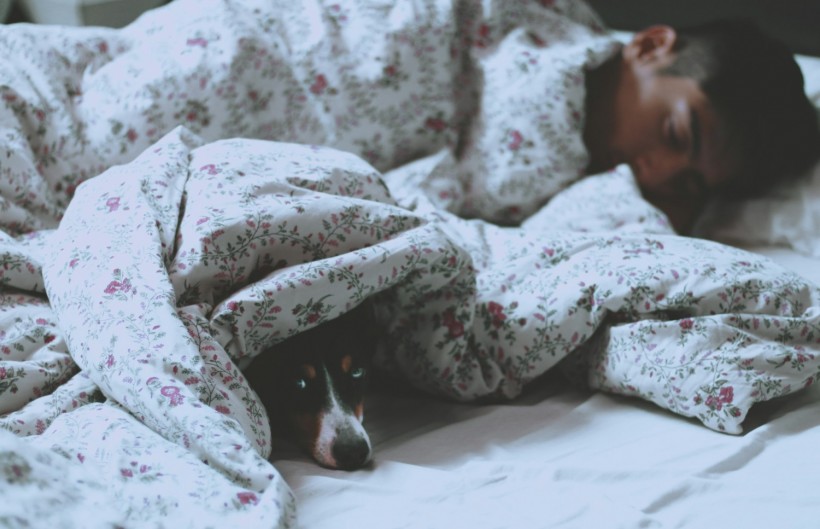Swedish researchers found that two nights of interrupted sleep may make people feel much older, stressing the importance of enough sleep on overall wellness.
Stockholm-based Karolinska Institute psychologists found that participants who slept four hours a night for two nights felt four years older, while nine-hour sleepers felt three months younger, as reported by The Guardian.
The study's primary author, psychoneuroimmunologist Leonie Balter, noted that sleep strongly affects age perception. Even short-term sleep interruptions might affect mood.
The sleep research demonstrates that feeling older may affect health habits beyond perception. Dr. Balter noticed that those who see themselves as older may eat worse, exercise less, and avoid social or new activities.
This study included two examinations with 615 participants. The first research of 429 people aged 18-70 found a link between poor sleep and feeling older. For each day of inadequate sleep, participants felt three months older.
The second analysis tested 186 18-46-year-old participants under different sleep situations. Two nights of four-hour sleep made individuals feel 4.44 years older than when they slept well.
The research also examined how chronotypes-morning or evening-affect sleep loss response. Even with enough sleep, evening types felt older than their real age, whereas morning types were more impacted by sleep disruptions.
Dr. Balter advised observing quality sleep sleep to combat aging. The Proceedings of the Royal Society B studies imply that sleep habits may affect perceived age.

(Photo: Claudia Mañas on Unsplash)
Lack of Sleep Linked to High Blood Pressure
Meanwhile, at the American College of Cardiology's Annual Scientific Session, another sleep research uncovered that sleeping less than seven hours a night increases the risk of high blood pressure.
Some sleep research has linked sleep duration to high blood pressure, but the results have been inconsistent. To clarify, the research integrated data from 16 studies involving over a million people in six nations from January 2000 to May 2023, per Mirage News.
Read Also: Moderna's Next-Gen COVID-19 Vaccine Passes Phase 3 Clinical Trial
Participants without high blood pressure were monitored for five years on average. The study indicated that shorter sleep durations were related to a higher risk of hypertension, even after controlling for demographic and cardiovascular variables.
The study's chief scientist, Dr. Kaveh Hosseini, stressed that, based on the results, the length of bedtime is important since sleeping fewer than seven hours a night increases the risk of high blood pressure, which may lead to stroke and heart disease. Moreover, the risk increased for individuals sleeping less than five hours.
Why Catching Catching Up on Lost Sleep Can Help a Lot
The research found that sleeping fewer than seven hours elevated hypertension risk by 7%, increasing to 11% for those sleeping less than five. Diabetes and smoking increase hypertension risk by at least 20 percent. Dr. Hosseini noted that lifestyle behaviors or underlying health disorders like sleep apnea or anxiety may disturb sleep patterns.
TechTimes previously reported that compensating for lost sleep can bring down health risks significantly. In Nanjing Medical University, researchers found that snoozing for a few minutes may save lives.
According to analysis of 3,400 participants, sleeping less throughout the workweek but two more hours on weekends may cut myocardial infarction and stroke risk by 63%. It also indicated that those who slept fewer than six hours a night during the workweek without making up on weekends had a higher risk of cardiovascular disease.
The sleep study shows that "weekend catch-up sleep" helps avoid angina, stroke, and heart disease, particularly for weekday sleepers.
Related Article: Arnold Schwarzenegger Opens up About Pacemaker Surgery, Says He's Now 'A Little Bit More of a Machine'










